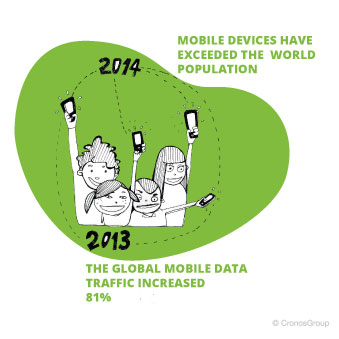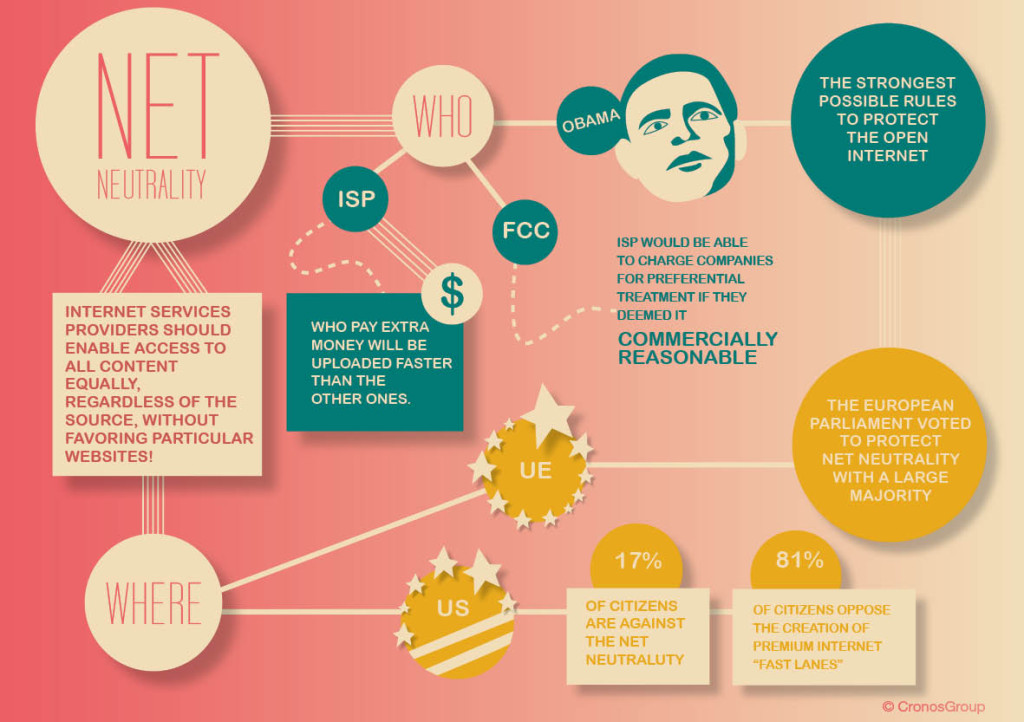Although the term Internet of Things (IoT) began to be used in 1999, in the last weeks a large number of people talked about it. As the European Comission announced, Internet of Thingsis “a technology and a market development based on the inter-connection of everyday objects among themselves and applications”. IoT has also been in the spotlight during this edition of The International CES, one of the greatest consumer electronics and technology tradeshows held last week in Las Vegas, NV.
The idea about the term is that there will be more things connected in the Internet than people connected through it. Although, the connection between devices will become an intelligent system of systems.
The amount of devices connected in the Internet has grown hugely in the recent years. The estimated number of this kind of objects will be around 5 Billion at the end of 2015. However, and as a Cisco study estimates, there will be 50 Billion devices and objects connected to the Internet by 2020. Not everything connected to the Internet will be computers, smartphones, tablets and televisions. Actually, all of them will represent only 1/3 of the whole devices. The other 2/3 will be sensors and newly invented intelligent devices that monitor, control, analyse and optimize our world.


